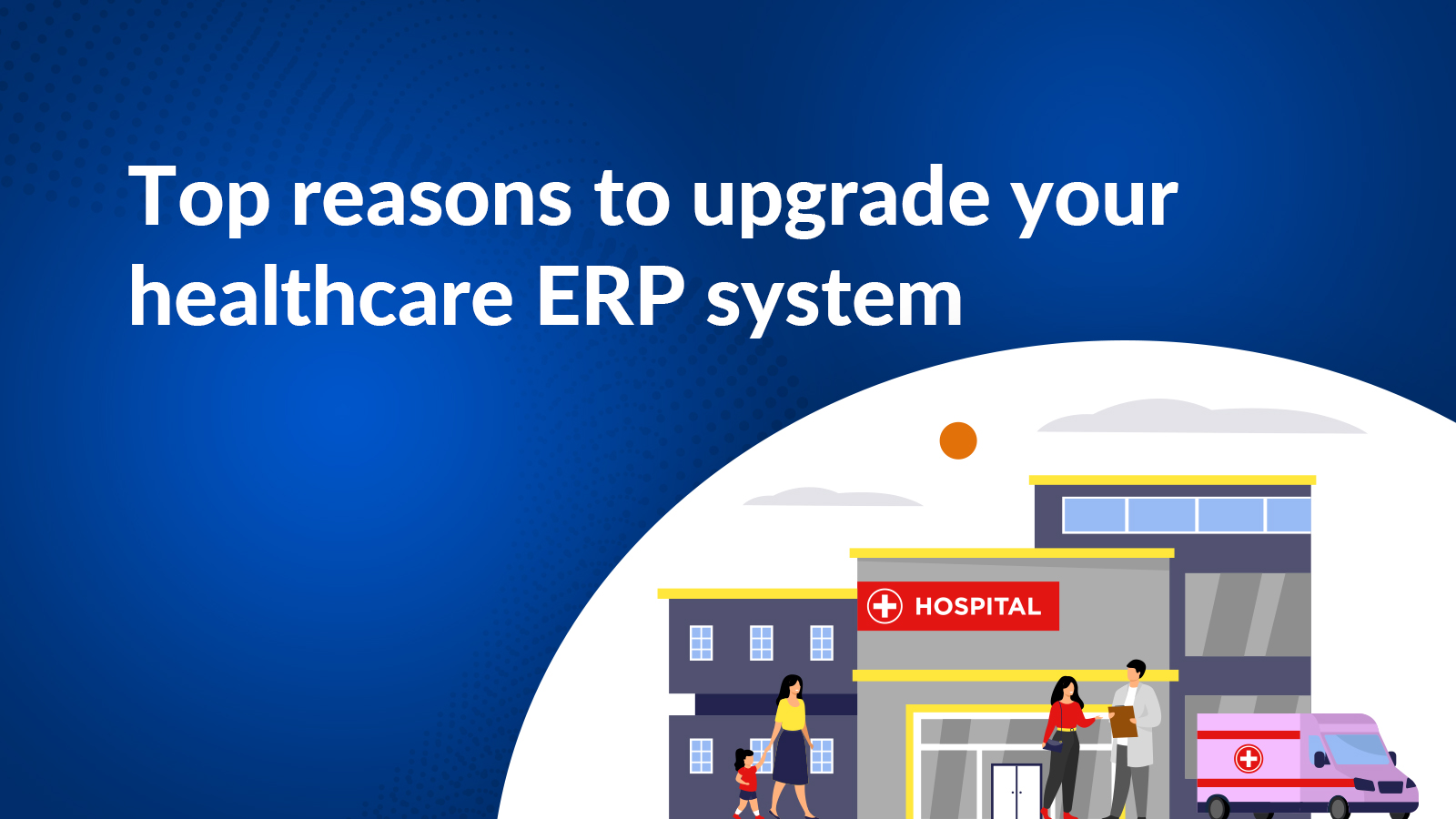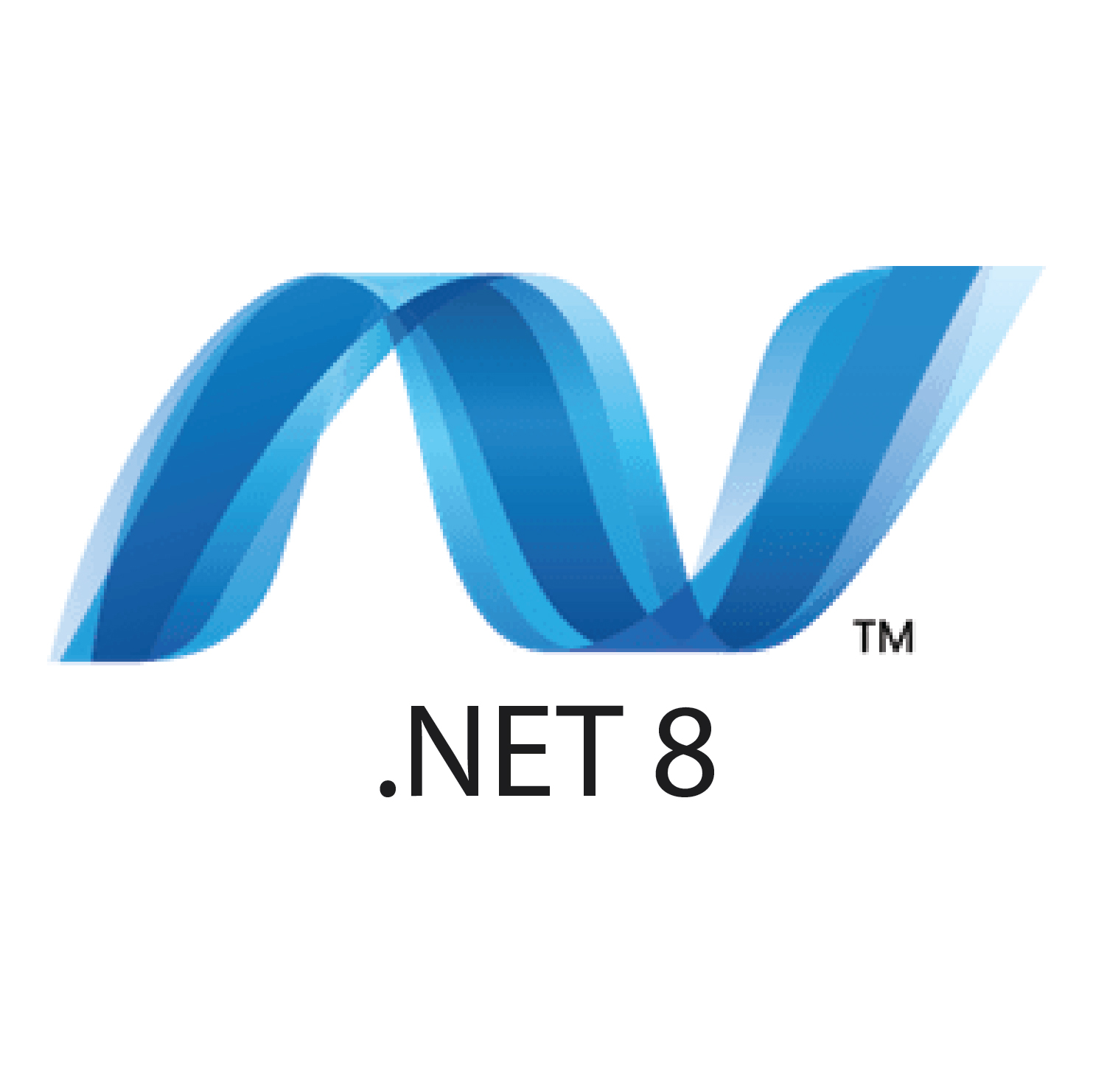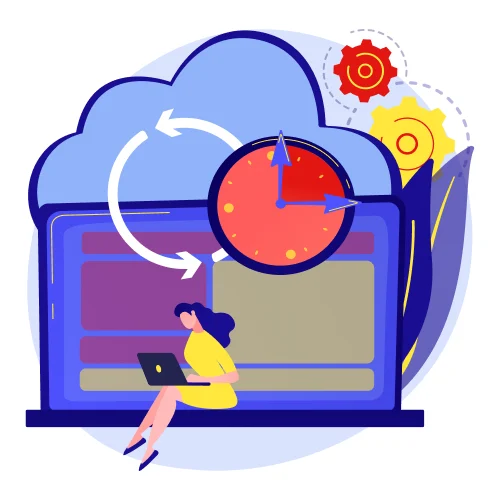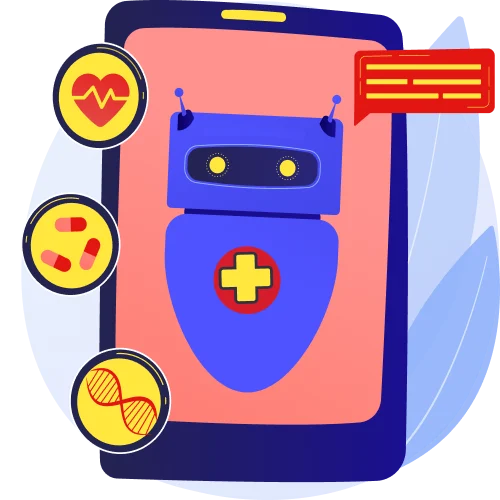Despite its need for efficiency and patient care, the healthcare industry has been slow to implement digital strategies. A recent survey shows that 75 percent of patients want to see more digital solutions used in healthcare. Thus, it is of utmost relevance to Upgrade your Healthcare System. A similar survey found that people who have already experienced these solutions in these settings feel that they are of low quality.
The medical community is under growing pressure to provide more quality care, thus those hospitals and healthcare organizations that implement them in the future will benefit a lot.
Changes in care will come as a result of using newer technologies, such as electronic health records. In order to ensure patient safety and the continued operation of healthcare institutions, however, professionals face challenges in maintaining communication.
In order to effectively transform your business, your organization needs adequate foundational elements. Below are a number of reasons why your healthcare organization may benefit from upgrading its office technology.
How Beneficial is to Upgrade Your Healthcare System?
Healthcare organizations are beginning to reinvest in enterprise resource planning (ERP) systems after neglecting them for years while implementing electronic health record (EHR) systems.
Despite not having met Meaningful Use criteria yet, hospitals are shifting their focus from clinical to business operations, while still aiming to meet Meaningful Use criteria.
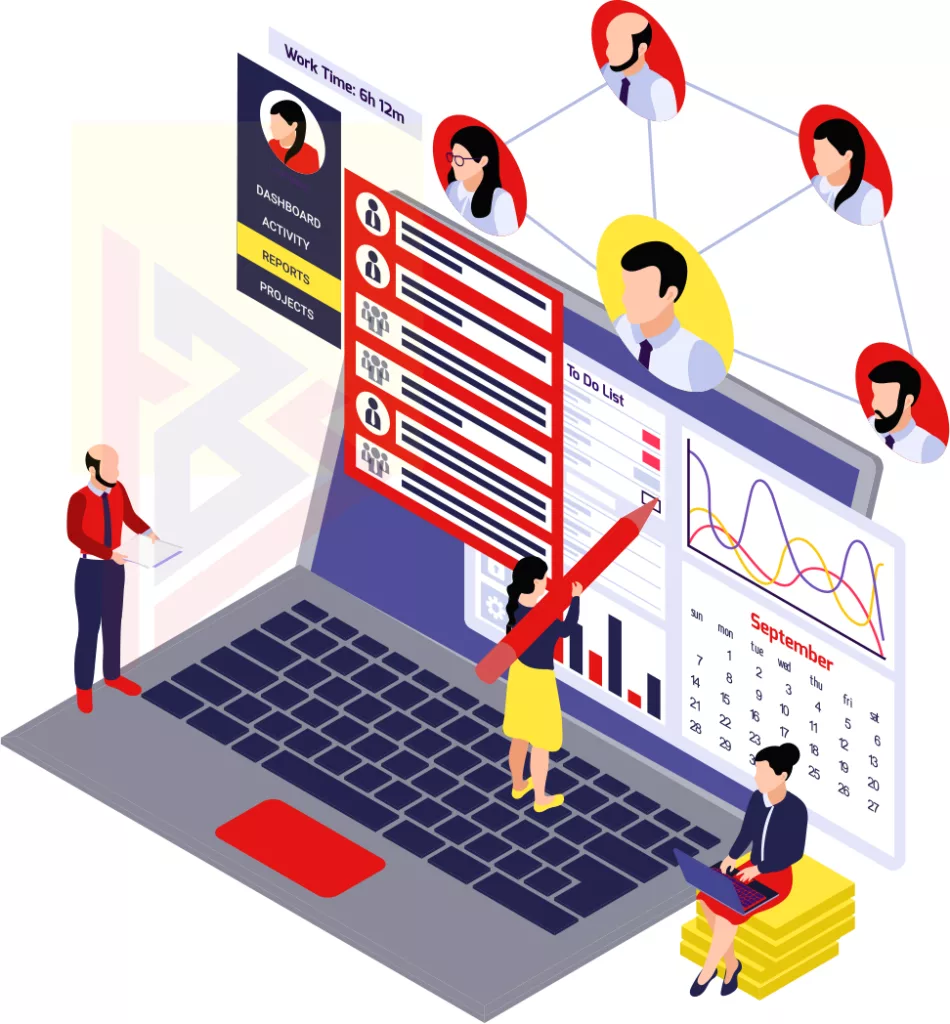
Hospital health IT budgets traditionally include a large amount of ERP budgets. Increasing investments is essential for organizations to remain financially sound. By updating an organization’s ERP system, it can focus on its patients and make it more competitive in the market.
According to a HIMSS Analytics report released in April 2014, ERP applications are among the three applications that hospitals are most likely to accelerate their investment in. In the examination of Twenty-six operational applications and their use in more than 5,000 hospitals in the United States.
In the years organizations have invested almost exclusively in their clinical systems. The primary ERP vendors made significant advances that hospitals use to make great operational improvements.
Read about the best ASP.NET Tools for development.
Among the most lucrative improvements in ERP systems for hospitals will be the Human Resource Management System (HRMS), the Financial Management System (FMS), and the Supply Chain Management (SCM) modules.
In the future various forms of ERP investment can happen (due to corporate consolidation). Gap analyses are helpful in determining which ERP investments would be most beneficial to your organization by comparing your existing capabilities with the improvements you want. Thus, Upgrade your Healthcare System to reap the benefits of that.
Reasons, You might Consider Upgrading your Healthcare System:
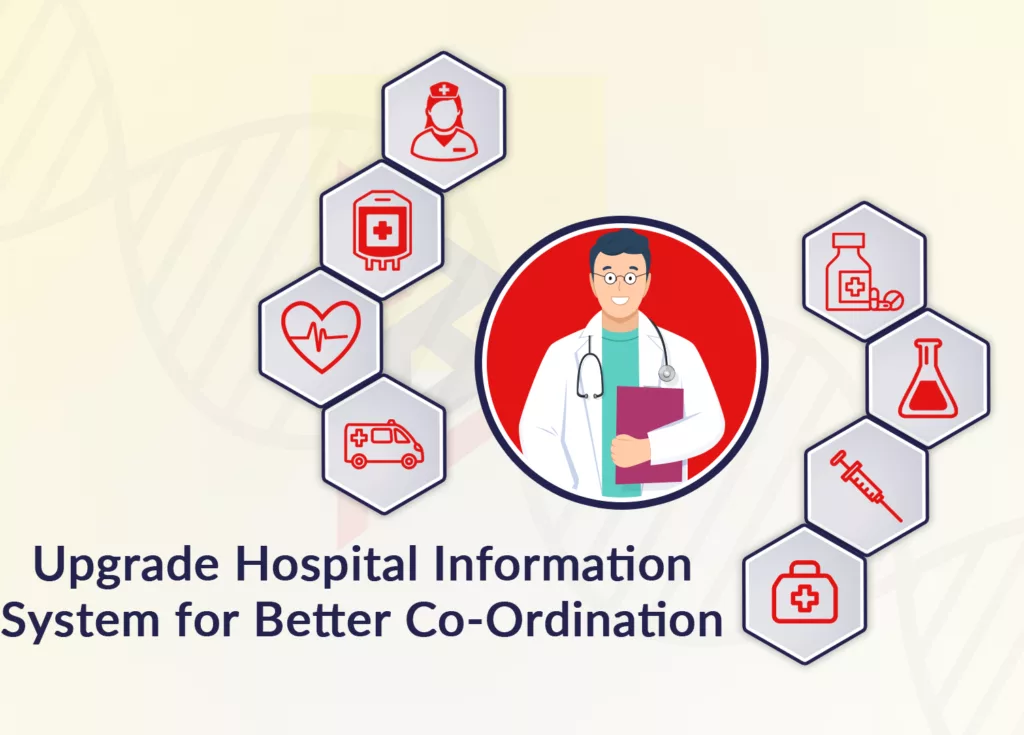
1) Improve productivity
It is not a blessing but a curse for ERP systems to be interconnected. Payroll, benefits, and supply chain applications that feed your general ledger ensure that information is only entered once. If you have patched your ERP system with quick fixes instead of doing comprehensive reviews, it may not be received the same way by all applications.
You keep making changes to your ERP system as challenges arise, it will run slower. If your applications don’t communicate smoothly with one another, a payroll that should take you a few hours to run could take you days. The payroll data may also require more verification.
Read About .NET 6 here, in our blog.
2) Manage maintenance costs
Like a car, an ERP system can become more expensive to fix if you ignore necessary maintenance. The cumulative cost of resolving individual application problems will be higher if you do not perform regular maintenance, including upgrading your ERP system, as the inevitable upgrade will be more complex due to your customizations.
Some of these underlying problems may also have been solved by the upgrade you deferred since vendors often include improvements with each upgrade to solve common issues among their customers.

3) Improve security
The latest updates from ERP vendors include security measures, so failing to keep up with those updates could put your systems at risk. In the absence of an update, protected health information (PHI) could be compromised.
In order to avoid the potential costs of data breaches, such as potential damages to pay, lost public confidence, and bad press, you should take proactive steps to secure your data. An upgrade can often pay for itself with the improvements in security it brings.
4) Managing Health Records
Documents are used to record information about a patient’s medical history, clinical findings, diagnostic test results, and medication. Managing them properly will ensure patient safety and care, which makes them one of the most important aspects of treatment.
Healthcare organizations can go beyond simply complying with HIPAA requirements to meet these needs. HIPAA regulations established a framework for protecting patients’ information and focused heavily on the way healthcare organizations share patient information.
5) Electronic medical record scanning

Those doing paperless, digital information management confront a critical juncture. Managed with technology, health records remain protected and easily accessible, and staff resources are saved since they no longer have to search through paper files.
A document scanner today comes with an automatic document feeder that can detect errors while scanning, allowing staff to focus on patient needs without errors. This type of solution makes patient care more efficient, accurate, and compliant, benefiting all parties involved.
Read here, if it will be beneficial for you to migrate to .NET 5.
6) Better Information Security
A mistake can lead to life-threatening consequences for Doctors, Nurses, and other Medical Staff when it comes to patient safety and confidentiality.
The scanning of all patient data can be implemented by healthcare organizations in order to ensure that patients’ records are secure and that no records are lost. Furthermore, caregivers can offer more efficient care from anywhere thanks to wireless and digital innovations. Those who need the information are able to access it all from one place, thereby streamlining the collection of information.
7) Cloud Services
Different technologies, including communication solutions, are moving to the cloud by many organizations. Cloud services are especially valuable in healthcare environments.
Cloud solutions offer a cost advantage for unified communications, which is one of the main reasons organizations choose them. In today’s world, cloud-based phone services are very cost-effective because they charge to businesses on a recurring basis rather than upfront, as they would be if they purchased an on-premise system.
Traditional phone systems require installation and maintenance, which you won’t have to pay for with this solution. Additionally, the service automatically updates, giving customers access to the latest features.
The complexity of today’s communication systems can also mean that maintaining a traditional phone system requires a whole IT department or third-party vendor. Cloud-based communications can help healthcare facilities reduce the burden on internal infrastructure and IT workload by reducing maintenance work and IT load.
In healthcare IT, a single point of contact and connection can simplify operations, allowing teams to focus on improvements and growth rather than maintaining current systems.
A digital perspective offers endless possibilities for healthcare organizations. Preparing for a digital world now will take your organization to success down the road and will transform the way they cares for patients.
Read here the differences between the .NET Core and .NET FRAMEWORK.
Things to Consider Before Upgrading Your Healthcare System
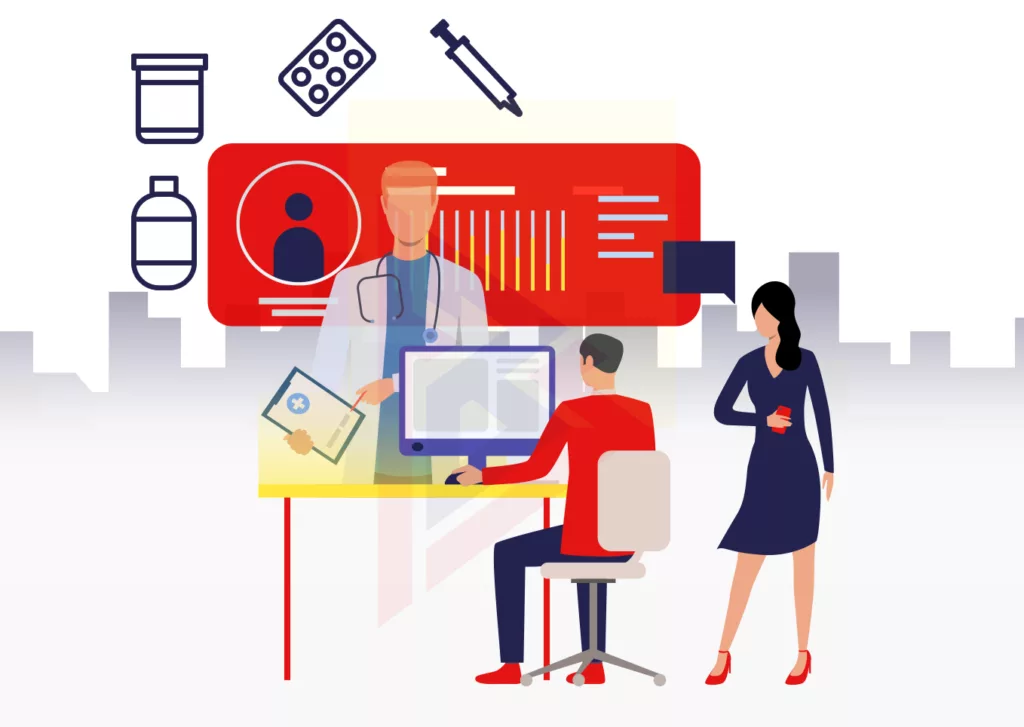
Upgrades to EHRs are inevitable due to the increasing demands of the industry and the progress in technology. It is important to take a thorough account of both the technological and the human aspects of an upgrade, regardless of why you decide to upgrade – if you lack certain key features, the system may have reached its end of life, or it does not meet new compliance requirements.
A good EHR must meet your specific needs, ensure a smooth implementation, and train your staff in order to ensure widespread adoption. The EHR upgrade process brings with it a great deal of anxiety and disruption, so it is crucial to prepare and pay attention to every detail.
As you prepare to Upgrade your Healthcare System and ensure that it is successful, here are some of the things you should keep in mind:
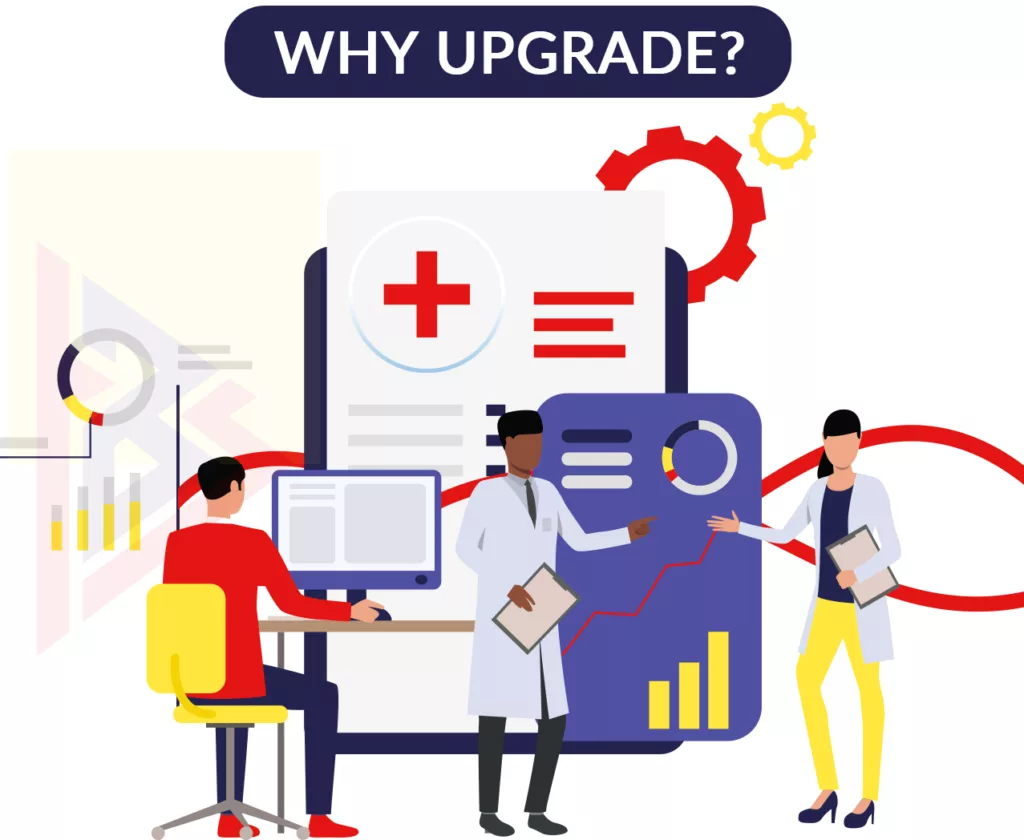
1. Evaluate new features
EHR technology makes records much more than simple medical records as it becomes more sophisticated. Previously unheard-of levels of specificity and comprehensiveness are now possible. In selecting an EHR system upgrade, make sure the new features will enhance the usability of your current data entry.
Discuss the benefits of an EHR system with your staff before implementing a new system if you are not already using one. Be sure to consult your existing EHR users before making a decision about upgrading the software.
2. Check your existing system for compatibility
There are plenty of benefits to upgrading your current EHR, but it doesn’t mean your existing system has the same benefits. Making sure that existing technology systems are compatible with existing hardware and reporting structures is crucial.
A thorough evaluation of your existing systems to see if they can handle the upgrade is imperative since legacy systems are usually not powerful enough to permit integration. In addition, it’s crucial to verify that peripheral devices and other systems will continue to function after the upgrade.
3. Thoroughly test the new system

Keeping enough time for testing the new system before integration into your daily operations will allow you to get the most out of the new system. As well as identifying potential problems, testing is also helpful for identifying hidden issues, such as maintaining interoperability between the old and new systems.
Tests of the new system minimize the chances of error, identify any additional requirements, and provide end-users with a great opportunity to learn how the system works. The end-user can gain a better understanding of the new system by being a part of the testing process.
Read about the Front End Development Tools.
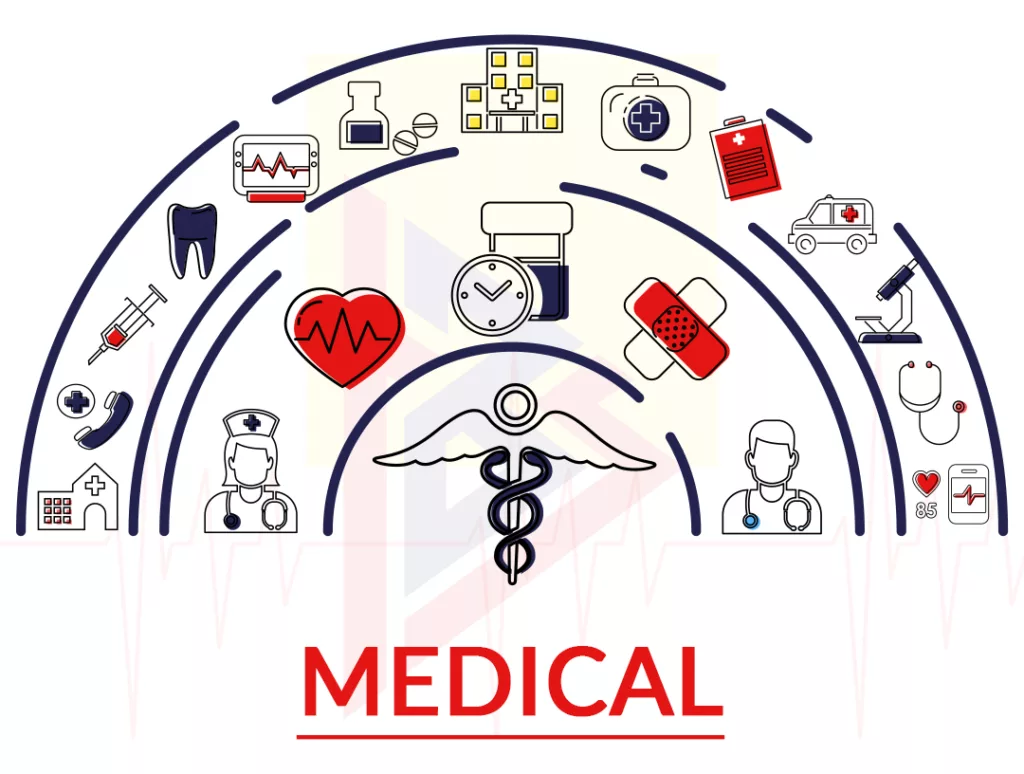
4. Make training a priority
The new features in the EHR system will require significant time to learn and get familiarized with if your healthcare organization has little or no experience with such features. A smooth transition from an older system to a smarter one requires checking for training materials and reviewing operation manuals and training instructions.
Teach your end-users how the new system will help them accomplish their tasks better by allowing them to understand the current workflow. The new system addresses current problems and can help to boost healthcare outcomes. For the new system to have real value, you need to know how it integrates with your organization’s existing processes.
Read here the must skills for a DOT NET Developer, in our blog.
5. Cater to Industry Demands
EHRs have grown in prevalence as technological advances have become more integrated into healthcare organizations. An estimated $30.2 billion in healthcare spending will be spent on EHR technology by 2021, according to a report. Hospitals can achieve greater efficiency and speed by inputting and storing patient data which later can be put to use for a number of purposes.
In order to always stay ahead of the growing demands of the industry, hospitals should educate themselves about new features, examine their existing systems, test the new system, and train their employees on how to use the new system.
How TechnoBrains Can Help to Upgrade Your Healthcare System?

Due to the helpful structure and continuously improving functionalities of ERP solutions for health care organizations. It is becoming increasingly necessary to use ERP solutions to remain competitive and to consolidate. Through the use of ERP software solutions, hospitals are able to provide their patients with the absolute best care, which instantly enhances their reputation.
To get the right hospital management solution, it is equally important to find the right vendor. The vendor then can deliver a product designed for all healthcare environments and has a detailed roadmap to follow.
For Healthcare IT solutions that take your business to the next level, TechnoBrains is that one name for dependable and effective Healthcare software development. As an industry expert, we strive harder to provide business intelligence, consulting, and software development services tailored to fit your business vertical.
Through the optimization of the hospital management process, our team provides you with the assurance that you achieve all your goals. In order for us to work on projects that relate to the evolution and growth of the healthcare industry, we take all the necessary measures. Contact us to discuss further.
